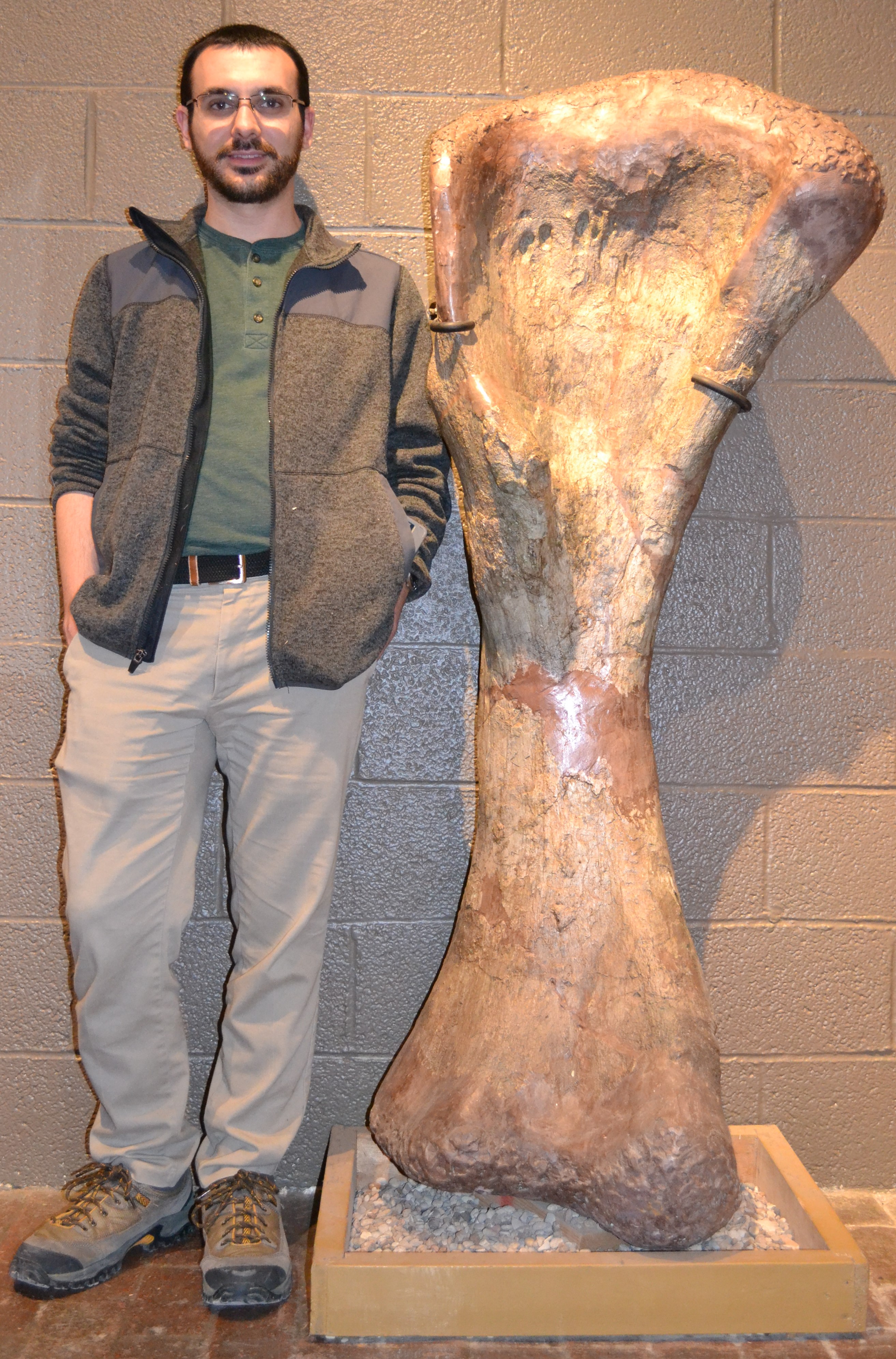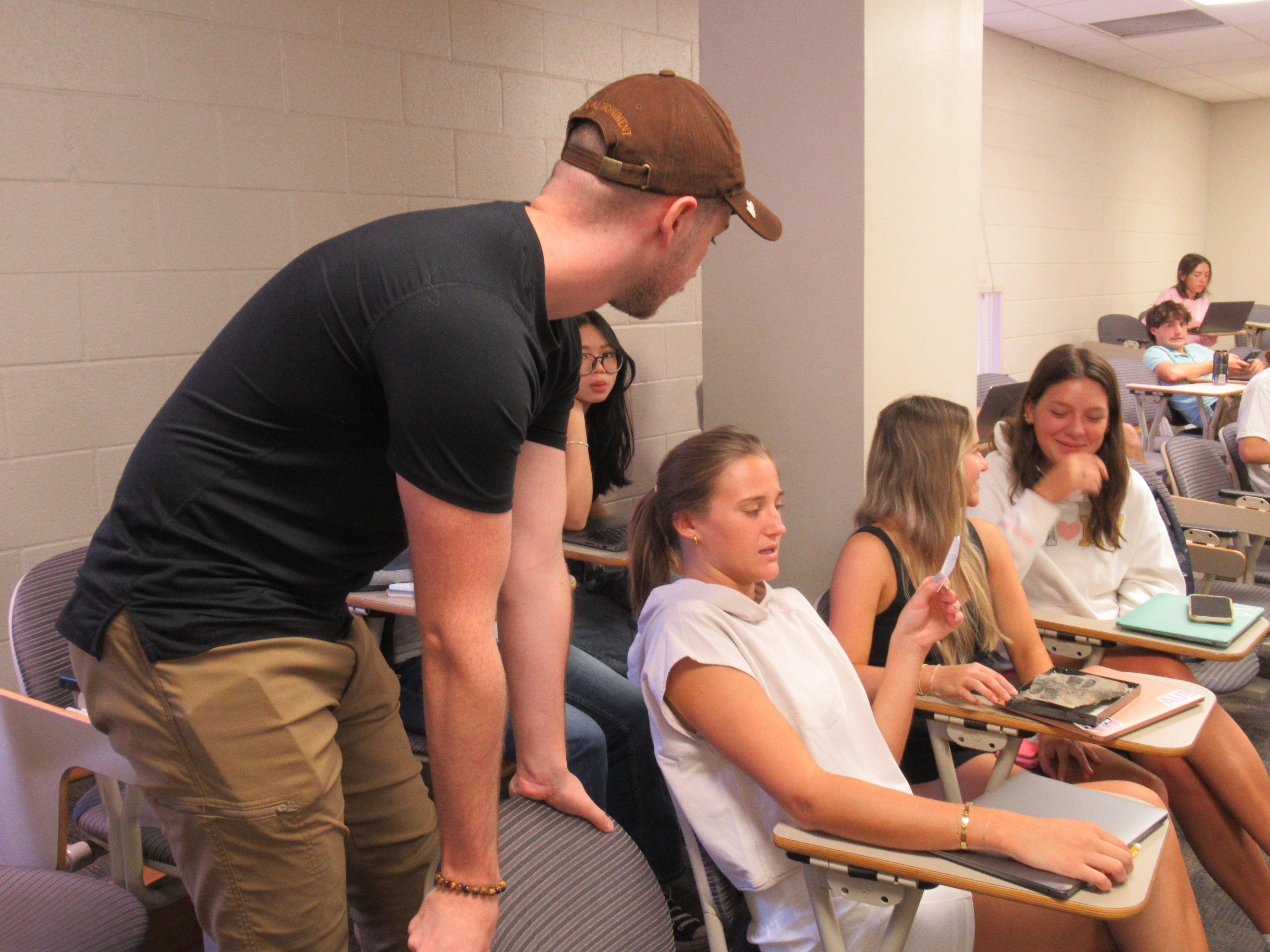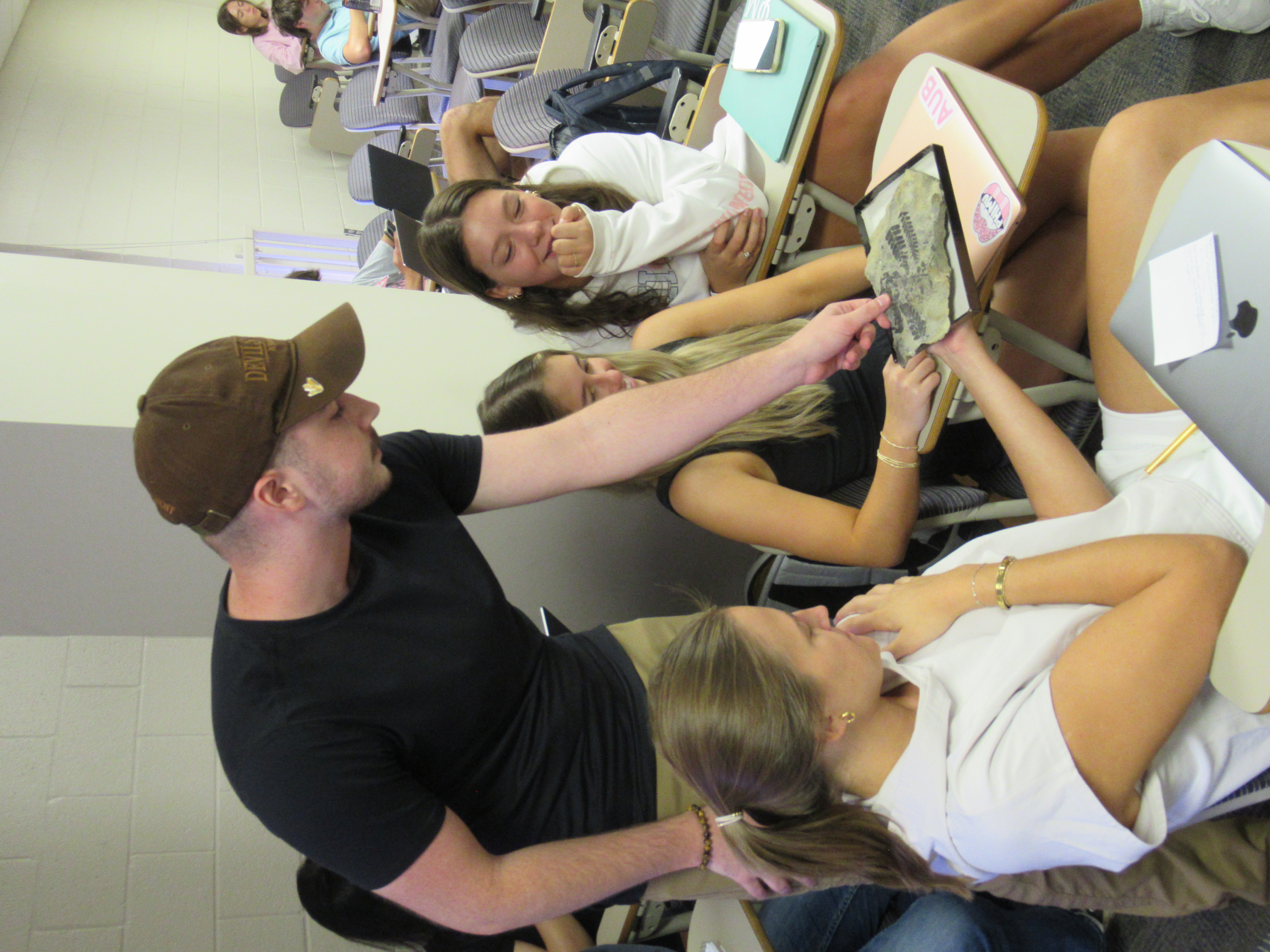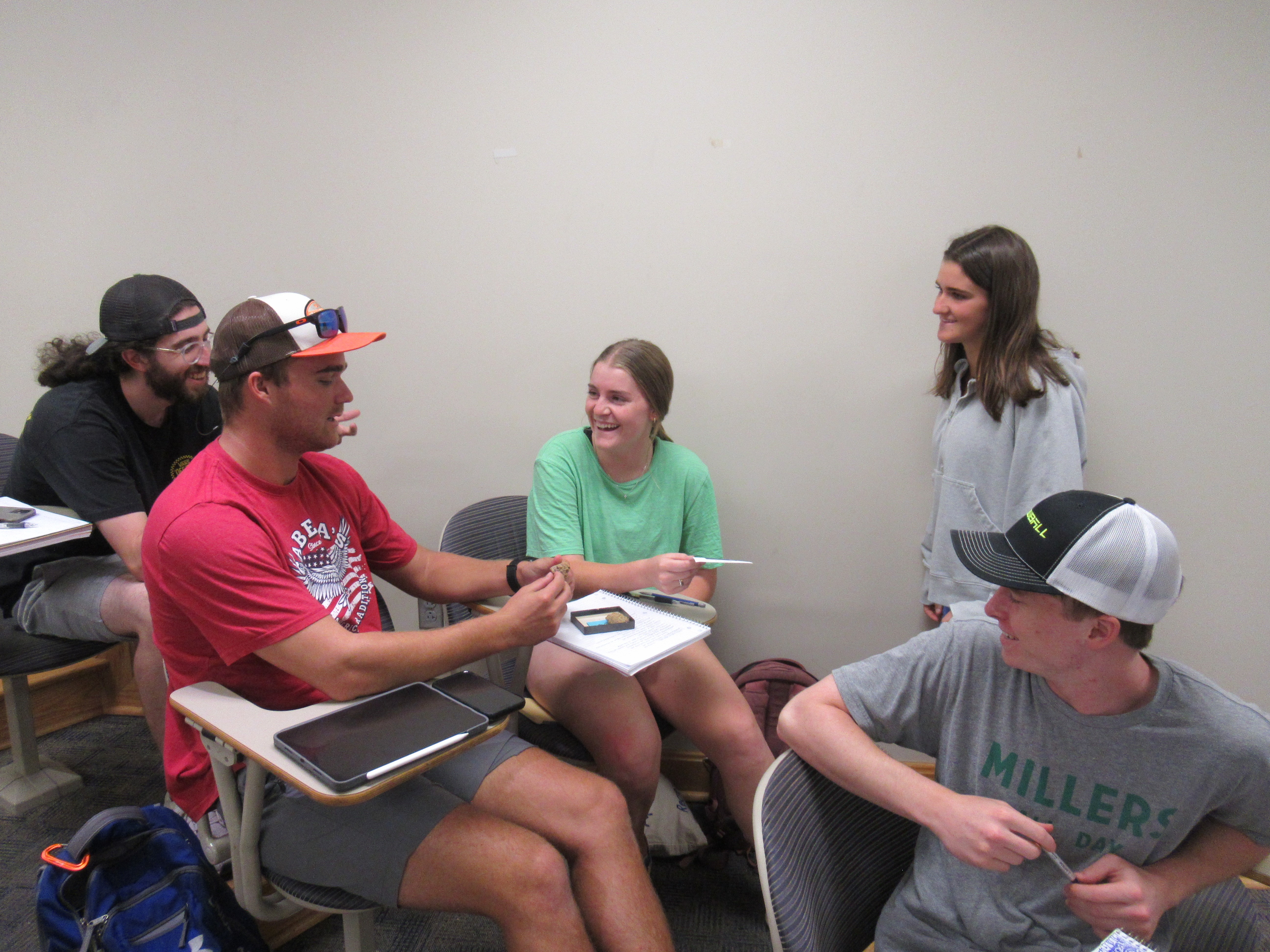Learning Assistant Program: September Newsletter
Annual Assessment Report Released:
The AULAP has released the assessment report from the Spring 2023 semester. This report contains data supported evidence of the positive impact that the AULAP has on students in LA supported classrooms across four different disciplines: Math and Statistics, Chemistry, Biology, and Geosciences. ~700 students were surveyed at the end of the Spring semester and asked various questions about their LAs and the active style classroom learning. The report found that there was a significant importance of LA time with the students, and the students’ sense of belonging was increased. To read the full report, click here.
AULAP Upcoming Events
The AULAP will soon open up the Faculty Applications for Spring 2024. These applications will open up on October 5th, so check back to the website when the application goes live! Prospective Student applications for Spring 2024 will open up on October 29th and will close on November 13th. Check back on our website when the application form opens up, and you can also fill out an interest form at the link here.
Faculty members who are interested in having LAs in their classroom are invited to the LA Faculty Coffee and Chat in the ACLC Biggio Coffee room 259. These meetings are from 3-4pm and are held on the second Monday of every month, with dates on October 16th and November 13th.
LA Faculty Spotlight: Dr. John Fronimos

The AULAP is honored to recognize and spotlight our September newsletter Faculty of the Month: Dr. John Fronimos from the Department of Geosciences! While Dr. Fronimos is a newer faculty member, his commitment and service for the students he teaches and the AULAP is one that has a lasting positive impact.
Dr. Fronimos obtained his B.S. degree in Geology from the University of Texas San Antonio, an M.S. degree at Texas Tech in Geosciences, and a PhD from the University of Michigan in Geology. His research focused long neck dinosaurs where he studied the mechanics of the long neck dinosaurs’ backbone looking into its flexibility and stability. With his research he got to travel to museums such as the Smithsonian and to museums in Brazil, Germany, and Spain. He is not new to the classroom setting, as he has been a GTA, faculty member at Eastern Michigan University, and a visiting faculty member at Vassar College before joining Auburn University in the Fall of 2020.
He got involved in the AULAP in early 2021 where he was transitioning from small classes to much bigger ones. Dr. Fronimos says that he was struggling to find out how to make the classroom learning experience engaging to the students, and that was when he was then recommended to bring LAs into the class to replicate the active learning experiences. His classroom typically has anywhere from one to three LAs per semester.
When working in an active learning classroom, he’s “trying to find the balance between a subject needing a certain amount of lecture to keep up, but at a certain point [the students] are not engaged anymore and they’re not receptive.” His ideal classroom style is to include an active component once per class in addition to involvement with group work and hands on activities with the LAs. For example, sedimentary rocks, groups were split into four and they had to make certain observations about how the rock formed.
The LAs biggest function in Dr. Fronimos’ classroom is circulating during activities to check in on the students while also developing questions to spark conversations with students. Dr. Fronimos encourages the students to attend the LA office hours so students have someone to talk to. He says that there is a level of more comfort coming to the LAs, as these are their peers too.
In Dr. Fronimos’ weekly meetings with his LAs, he opens this conversation up and he encourage them to be involved in the activities for the week. During the meetings, he gets suggestions from them about what is going good in the classroom and their feedback helps to shape the activities done in class. Since having LAs in his classes, Dr. Fronimos said that he can tell a difference in the classes where there are LAs. With the LAs, every group is getting someone to check in on them and the students are getting more out of the classroom and learning. He says that the attendance is even higher with the LA involvement, showing that it makes the students want to show up.
Dr. Fronimos says that the most significant benefit of LAs for the students in his class is “the ability to be able to do hands on things because Geology is a hands-on discipline and being able to see something and hold something is where it becomes real. Getting [the students] involved in doing that and getting them comfortable with that, while also being comfortable talking with someone when they need help."
Images from left to right:



-LA Zach Champion (standing) working with students Bailey Griner, Bella Gabrovic, Sara Blanks (front, left to right), Thu Thuy Vy Kieu (back row)
-LA Zach Champion (standing) working with students Bailey Griner, Bella Gabrovic, Sara Blanks (left to right)
-LA Eliot Wilson-Daniel (standing) working with students Kameron Peschell, Luke Barker, Sarah Hill, Will Green (left to right)
LA of the Month: Evelyn Iturralde
Our September newsletter spotlight for the LA of the Month is Evelyn Iturralde!
 Evelyn is a junior from Texas majoring in biomedical sciences on the pre-med track with a business minor. Evelyn has been a learning assistant for four semesters beginning her freshman year of college, and we are delighted to feature her and acknowledge her hard work!
Evelyn is a junior from Texas majoring in biomedical sciences on the pre-med track with a business minor. Evelyn has been a learning assistant for four semesters beginning her freshman year of college, and we are delighted to feature her and acknowledge her hard work!
For additional information specific to departments, please contact the departmental LA coordinators.
Math and Statistics:
Heather Haskell: hgh0035@auburn.edu
Chemistry:
Rachel Prado: jrp0089@auburn.edu
Dave Crisostomo: dac0056@auburn.edu
Physics:
Daniel Merrill: dam0040@auburn.edu
Melissa Halford: mrh0091@auburn.edu
Geosciences:
John Fronimos: jaf0086@auburn.edu

